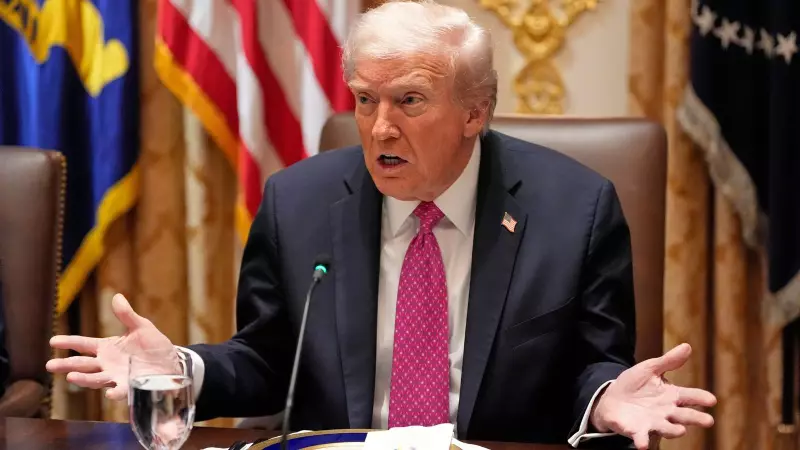
In a striking declaration that has captured international attention, former US President Donald Trump has asserted that he possesses the unique capability to resolve the decades-long conflict between Afghanistan and Pakistan with remarkable speed.
The Bold Claim That's Shaking Diplomatic Circles
During recent public appearances, the former president didn't mince words when discussing his approach to international conflict resolution. "This would be an easy one for me to solve," Trump stated confidently, suggesting that the complex geopolitical struggle that has challenged multiple US administrations could be settled under his leadership within an astonishingly short timeframe.
Contrasting Approaches to Foreign Policy
Trump's comments come as a direct contrast to the current Biden administration's handling of the region. The former president positioned himself as having superior negotiation skills and a better understanding of the dynamics between the two neighboring nations.
Historical Context Matters
The Afghanistan-Pakistan conflict has deep historical roots, involving:
- Border disputes and territorial claims
- Proxy warfare and intelligence operations
- Ethnic and tribal complexities
- International terrorist networks
- Regional power dynamics
Previous Administration's Record
During his presidency, Trump pursued a policy of direct engagement with the Taliban, culminating in the Doha Agreement of February 2020. This agreement set the stage for the eventual withdrawal of US troops from Afghanistan, though the implementation faced significant challenges.
The timing of these statements is particularly noteworthy, as they emerge during an active presidential campaign season, where foreign policy credentials often become a central point of debate between candidates.
Expert Reactions and Analysis
Regional experts have expressed skepticism about the feasibility of such rapid conflict resolution, given the deeply entrenched nature of the issues between Afghanistan and Pakistan. The relationship has been marked by mutual suspicion, cross-border tensions, and competing strategic interests for decades.
Meanwhile, current administration officials have maintained that their approach to the region prioritizes long-term stability and regional cooperation, rather than quick-fix solutions that might not address underlying causes.





